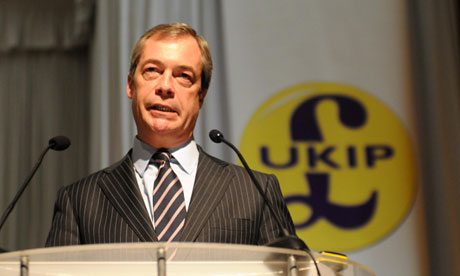Legalised prostitution, cut-price offers and a boom in sex tourism mean Germany's red light districts are thriving. But not everyone is happy with the country's liberal legislation

A Ukrainian prostitute in a brothel in Berlin: two-thirds of Germay's sex workers are thought to come from overseas. Photograph: Axel Schmidt/AFP/Getty Images
With skin-tight clothes and bum bags strapped around their waists, sex workers wait by the roadside close to Hackescher Markt, one of Berlin's busiest shopping and entertainment districts. This is a familiar sight just before dark in the capital of a country that has been dubbed "Europe's biggest brothel".
The sex trade in Germany has increased dramatically since prostitution was liberalised in 2002, with more than one million men paying for sex every day here, according to a documentary, Sex – Made in Germany, aired this week on Germany's public broadcaster, ARD.
Based on two years of research using hidden cameras, the film by Sonia Kennebeck and Tina Soliman exposes the "flat-rate" brothels where men pay €49 (£42) for as much sex as they want, as well as a rise in sex tourism, with men from Asia, the Middle East and North America coming to Germany for sex.
Germany's law governing the sex trade is considered one of the most liberal in the world. It was passed by the former coalition government, made up of the Social Democratic Party (SPD) and the Greens, in a bid to strengthen the rights of sex workers and give them access to health insurance and benefits.
Since then, red light districts have become even more prominent in many major German cities including Berlin, Frankfurt and Hamburg, where the Reeperbahn is, notoriously, the focus for the sex trade. During the 2006 World Cup in Germany, brothels appeared close to football stadiums across the country to cater for fans before and after games.
But more than 10 years after the law was passed, critics are becoming increasingly vocal. They argue that although it may benefit those sex workers who choose to work in the trade, it also makes it easier for women from eastern Europe and countries outside the EU to be forced into prostitution by traffickers. Two-thirds of Germany's estimated 400,000 sex workers come from overseas.
"Migrant women who don't know the language are highly dependent on people to bring them here and to show them around," says Roshan Heiler, head of counselling at the Aachen branch of Solwodi, a women's rights organisation that helps women forced into prostitution.
She is not surprised at the number of men now paying for sex in Germany. "I think it's just a result of the legalisation," she says. "The men are not prosecuted and prices are low."
Meanwhile, Monika Lazar, spokeswoman on women's issues for the Alliance 90/Greens party, has defended the law, saying that making prostitution illegal again is not the way to improve working conditions. "Prostitution is still socially stigmatised, and that has not changed in the few years in which the law has been in effect," she says. "But the law is helping to strengthen the position of prostitutes and ensuring women, and men, are much better protected."

